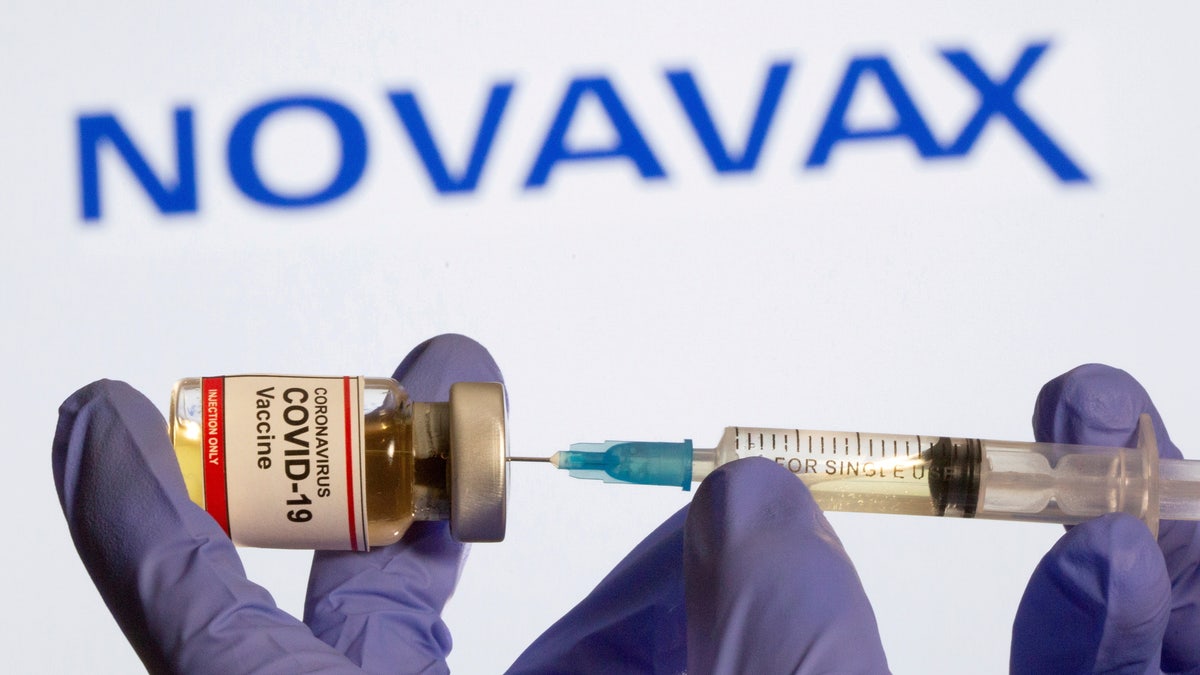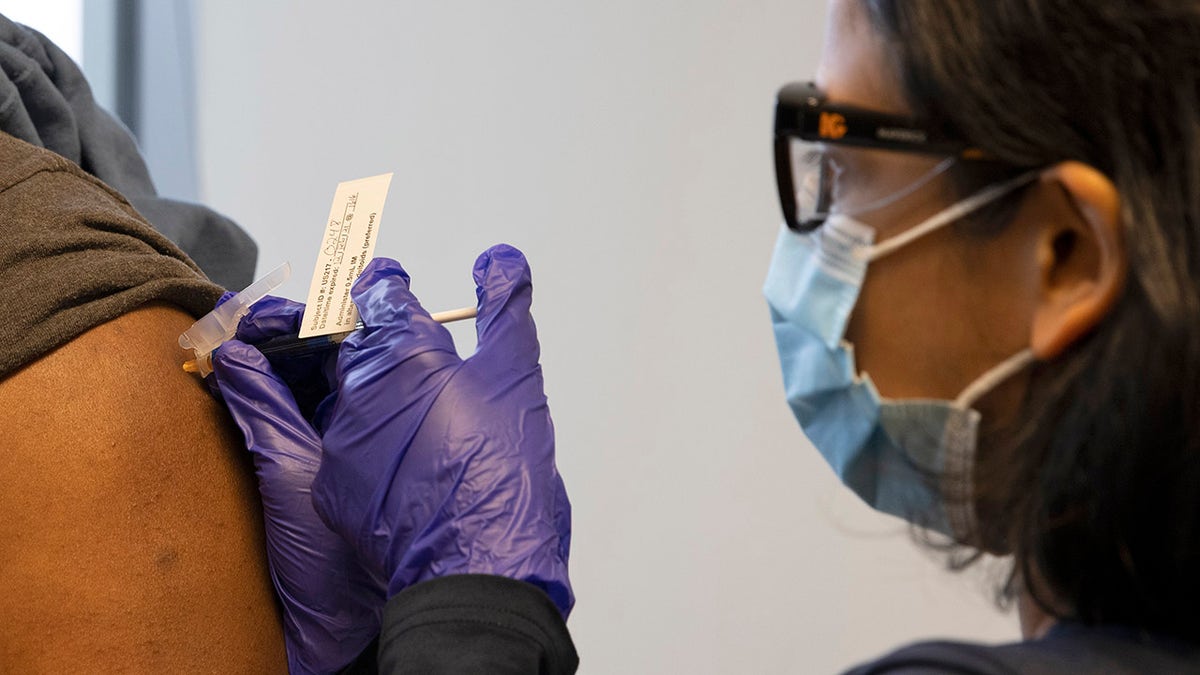Outgoing NIH Director Francis Collins on Fauci, Atlas and Omicron
Retiring geneticist offers reaction and analysis on 'Your World'
The World Health Organization has given emergency approval to a coronavirus vaccine made by U.S.-based Novavax and the Serum Institute of India, paving the way for its inclusion in the U.N.-backed program to get vaccines to poorer countries around the world.
The vaccine, known as CovavaxTM, is the ninth to be granted an emergency use authorization from the U.N. health agency, marking a vote of confidence for Novavax that could also mean the shots will be accepted by some countries that only admit travelers vaccinated with WHO-backed jabs.
The Serum Institute is producing the Novavax-developed vaccine, and a big question is how much supply it can ship, and when. The vaccine was long anticipated to help increase global vaccine supplies, as the shots require only refrigerated storage, an appealing option for low-income countries compared to other vaccines that require very cold storage.

A woman holds a small bottle labeled with a "Coronavirus COVID-19 Vaccine" sticker and a medical syringe in front of a displayed Novavax logo in this illustration Oct. 30, 2020. REUTERS/Dado Ruvic/File Photo
"This listing aims to increase access particularly in lower-income countries, 41 of which have still not been able to vaccinate 10% of their populations, while 98 countries have not reached 40%," said Dr. Mariangela Simao, WHO assistant-director general for access to medicines and health products. Simao was alluding to the vast inequity in access to vaccines between well-stocked rich countries and poorer ones that lack them.
The U.N.-backed COVAX program, which is shipping coronavirus vaccines to many poor countries, has deals to receive some 1.35 billion Novavax doses produced by the Serum Institute, the world's largest vaccine maker that has a license to produce it.
OMICRON WILL BE THE DOMINANT COVID-19 VARIANT BY MID-JANUARY, EU OFFICIAL SAYS
COVID-19 vaccines train the body to recognize the virus by spotting the spike protein that coats it, but the Novavax option is made very differently than the most widely used shots.
It is a protein vaccine made with an older technology that’s been used for years to produce other kinds of vaccines. Maryland-based Novavax uses genetic engineering to grow harmless copies of the coronavirus spike protein in insect cells. Scientists extract and purify the protein and then mix in an immune-boosting chemical.

The Novavax vaccine requires standard refrigeration temperatures (2 to 8°C), making it easier to store and distribute than those requiring ultra-freezing temperatures. UW Medicine got its first shipment of samples for the clinical trials in January coming from clinics all over the United States and Mexico. (Karen Ducey/Getty Images) (Getty Images)
Novavax was delayed for months because of problems lining up large-scale manufacturing. The full regimen requires two doses.
Novavax has been given emergency use authorization in Indonesia and the Philippines, has applications pending with the European Medicines Agency and Britain and plans to file with the U.S. Food and Drug Administration by year’s end.
Last summer, Novavax reported that a study of 30,000 people in the U.S. and Mexico found the vaccine was safe and 90% effective against symptomatic infection from earlier variants, similar to findings from a trial of 15,000 people in Britain. A follow-up study found a booster dose six months after the last shot could rev up virus-fighting antibodies enough to tackle the extra-contagious delta variant.
CLICK HERE TO GET THE FOX NEWS APP
Novavax says it is testing how the shots will hold up against the omicron variant, and, like other manufacturers, has begun formulating an updated version to better match omicron in case it’s eventually needed.










































